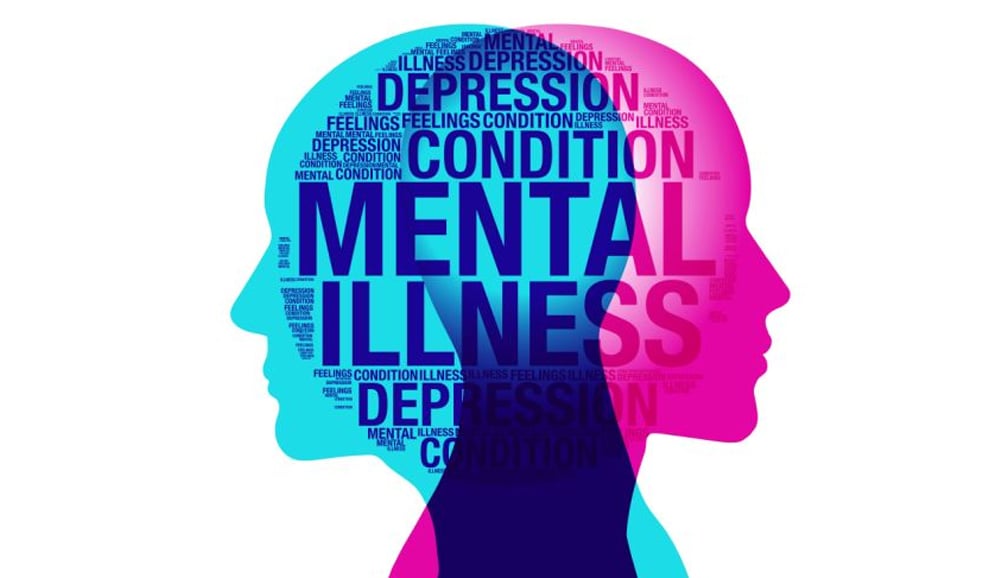1 min read
Mental Health Resources and the Criminal Justice System
![]() Nathan J.D. Veldhuis
:
Jun 3, 2022 8:00:00 AM
Nathan J.D. Veldhuis
:
Jun 3, 2022 8:00:00 AM

Mental Health Resources and the Criminal Justice System: Assessment and Plan for Integration in Charlottesville, Virginia
By Michael Ordonez, Kara Worrest, Mimi Krauss, Lauren Tietje, Reid Bailey and Michael Smith
Abstract
This paper presents an analysis of and recommendations for improving the relationship between the mental health and criminal justice systems in Charlottesville and Albemarle County, Virginia. The project team used data analysis, detailed process modeling, and stakeholder discussions to identify three major problems in the current system for managing the needs of people with mental illness, also referred to as consumers. First, encounters between consumers and law enforcement or mental health personnel resulted in unnecessary safety risks. Second, the limited resources of both the criminal justice and mental health systems were consumed from ineffective responses to consumers' needs. Third, when an individual with mental illness moved from one agency to another, they often experienced gaps in treatment which caused a crisis situation to develop, requiring police involvement. To address these problems, the project team recommends that the city and county re-align their existing resources into a collaborative crisis intervention system (CIS). The CIS would seek to improve the coordination between agencies in the criminal justice and mental health systems; it would be able to handle both the acute needs of consumers in crisis and minimize the potential for crisis situations to develop by providing long-term stability. In addition to using these systems' limited resources effectively and efficiently, the development of a CIS would enhance the quality of life for the region's consumers and benefit the community as a whole. This project was conducted by University of Virginia students as an evaluation team for the crisis intervention team (CIT) taskforce, a diverse group of local representatives from both the mental health and criminal justice systems who are advocates for improving the relationship between the systems.
Acknowledgement
To read this article in its entirety, please click here.


